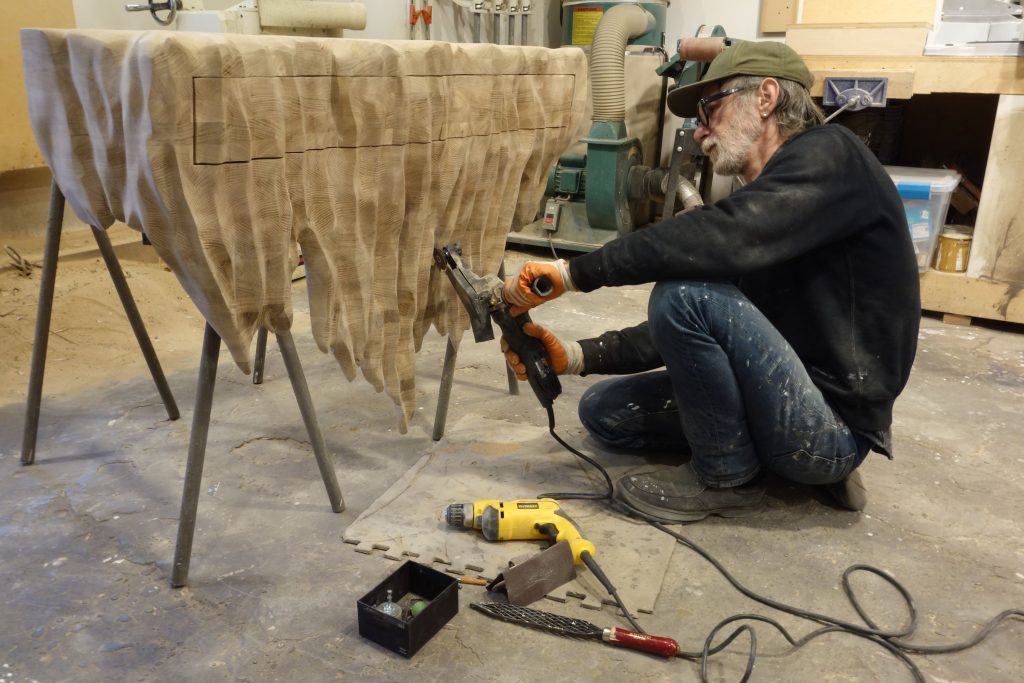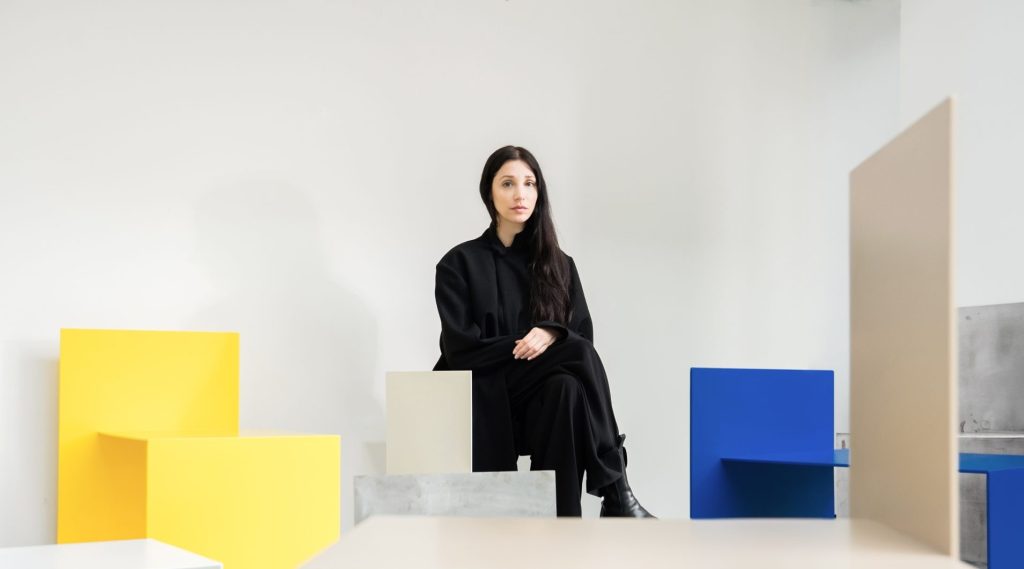

Meet the Curator: GÖKHAN KARAKUS, Istanbul
What are the special characteristics of the contemporary design community you are a part of?
Istanbul’s design community works in a modernist design idiom informed subtly by the traditions of making and craft in Turkey. Turkey’s cultural heritage has a strong continuity dating back thousands of years that underscore the nature of design, interiors and living in the country. The work of designers from Istanbul carries these design traditions into contemporary life but in an indirect way. The past is not directly quoted but rather serves as a material and social layer from which contemporary designers in Turkey work. It is an adaption of modernism to the local culture of Turkey.
Any special traditions/materials/techniques/historical events in your region that you believe have inspired designers in your region?
Craft has been central to the material culture of Turkey and Istanbul for thousands of years. Up until the mid-20th century, objects and tools made by local craftsmen and artisans were the primary means used to make everyday life easier. From modes of transportation to household utensils and farming equipment, the largely agrarian society of Turkey relied heavily on handmade objects. The shift toward industrial production that started in the 1950s, alongside the shift from rural to urban-based lifestyles, had profound effects on artisans. In the 21st century, Turkey is now a largely urban and industrial society. Intriguingly, though, despite these changes, the culture of the handmade continues — especially in the cities, albeit in a different way.
The thriving workshop culture of Turkey’s cities, which produce products and objects for both individuals and businesses, has roots in Turkey’s premodern and preindustrial past. Istanbul’s workshop culture is rich in traditions, with a focus on materials such as bronze, textile, brass, ceramics and stone, and the use of techniques that utilize abstract geometries and patterns. While contemporary design in Turkey now incorporates materials such as glass and wood, the premodern crafts and materials have been significant developments in the design culture of Istanbul in the 21st century.


Describe the overall vision that shapes your curated portfolio.
The Istanbul portfolio is an outgrowth of my research into and theories on the nature of design in Turkey and the East, especially the development of modernism in non-western contexts. As such, there is a focus on abstract geometry and patterns as a design language, and an exploration of craft and materiality in production techniques. Most of the design objects included in the portfolio are produced by craftsmen working in Istanbul, and as such, they represent the maker-oriented culture of the city. I have also tried to integrate objects from designers that have contributed to the design culture of Turkey through product design, but have not yet been recognized for their achievements internationally, such as Adnan Serbest, Özlem Yalım and, soon, Sema Topaloğlu.


How are the curated pieces you have chosen significant for or emblematic of your region’s design landscape today?
The Adorno collection for Istanbul that I have curated is the first time a group of selected contemporary design objects from Turkey has been offered for sale internationally. The significance of this collection is that the selection is based on a critical understanding of the history and culture of design in Turkey applied to objects reflecting these underlying dynamics. Istanbul and Turkey do not have design museums, design collections or galleries, and consequently, there are only very few collectors of design. The Adorno Istanbul curation I have produced attempts to address this lack of a critical and collectors culture by providing a curated selection of important objects in the design history of Turkey with long-term value.
What defines your work as a curator?
I strive toward a critical understanding of design to inform a larger epistemology of the meaning and power of objects in everyday life.
How do the designers currently represented in your gallery embody this?
These designers, largely unknown outside of Turkey, represent the continuum of design and creation that exists in eastern cultures such as Turkey, those that date back thousands of years but are informed by modernity and contemporary ways of making and tastes. These designers are important exponents of notions of abstraction, form and materiality that connect the past into the modern present in a subtle yet critical way.
See the curated collection from Istanbul
[woo_products_custom_tax tax_name=”istanbul_curated_pieces” tax_tags=”istanbul-curated-pieces” columns=”4″ template=”product” qty=”28″ order=”DESC”]





Responses